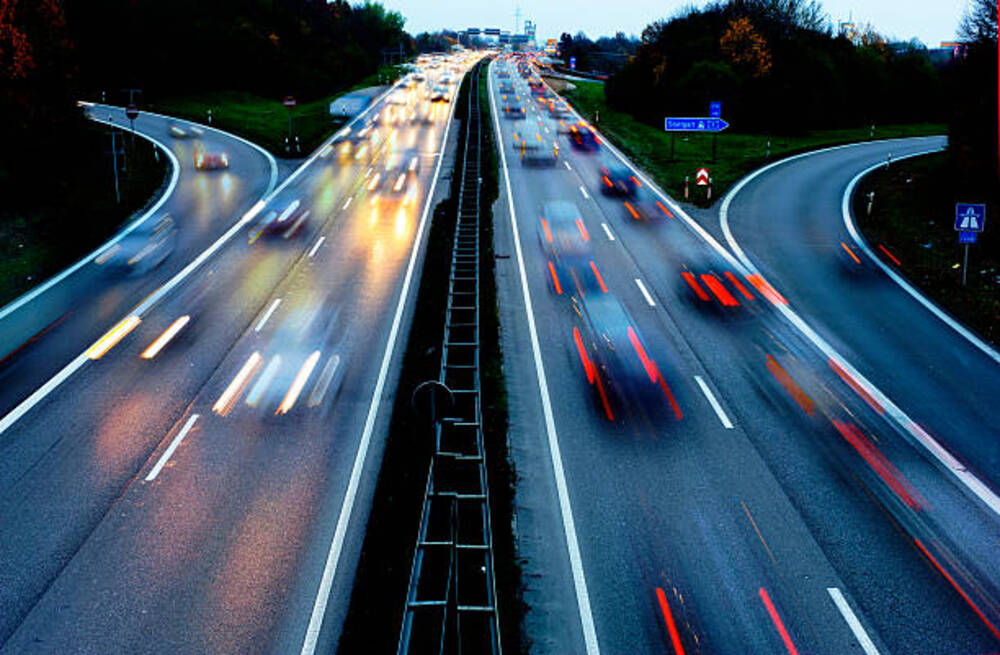As a recent study shows, Germany could reduce its CO2 emissions by roughly three times as much as previously believed by enforcing speed limits on its roadways. This analysis puts more pressure on the Berlin government to revisit the contentious matter.
There is no speed limit on German motorways at the moment. But, a speed limit of 120 kilometers per hour on German motorways could reduce the nation’s overall CO2 emissions from passenger cars and light commercial vehicles by about 6.7 million tons annually. This is according to data from the Federal Environment Agency (UBA) published last week.
Previous research on traffic and the speed limit wasn’t so optimistic
In previous research using a different approach, the agency predicted that this limit would lead to 2.6 million fewer CO2 emissions.
The study, according to the transport ministry, also demonstrated that a general speed limit would result in a shift in traffic from secondary roads to highways, increasing traffic jams and accidents in urban areas and on rural roads, as well as the noise and environmental pollutants they would expose local people.
The transport ministry is against the speed limit
According to research, motorways have the best traffic flow and road safety. A ministry official told the media that the government had also agreed on practical methods to meet its climate targets, which did not involve a general speed limit.
The new findings increase pressure on the transport ministry, run by the liberal FDP party, to step up its CO2-cutting program for the sector that has been the slowest to cut emissions as Germany tries to become carbon neutral by 2045.
The sector’s emissions should not have surpassed 138.7 million tons of CO2-equivalents in order to reach its 2022 greenhouse reduction objective. Although UBA had issued a warning in November that there were no signs the industry had achieved that goal, it will be revealed in March whether or not it did.
The transportation sector is one of the major polluters
Germany’s transportation sector generated about 148 million tons of CO2 in 2021, falling short of its goal by 3 million tons.
According to the transport ministry, the program will reduce emissions by almost 13 million tons over the following years, making up for the missed target of 2021.
Although some activists have super-glued themselves to roadways in Berlin and other German cities to demand similar limits, environmentalists claim the program does not go far enough and urge the government to impose speed limits on its motorways.
Due to resistance from the FDP, Germany’s ruling coalition was unable to reach a consensus on a speed limit.
They released the UBA results at the same time Germany’s constitutional court said on Thursday last week that it dismissed a claim that the government had violated the constitution by failing to impose a general speed restriction on the nation’s highways.

